FTC's Appeal Could Delay Or Block Microsoft's Activision Deal
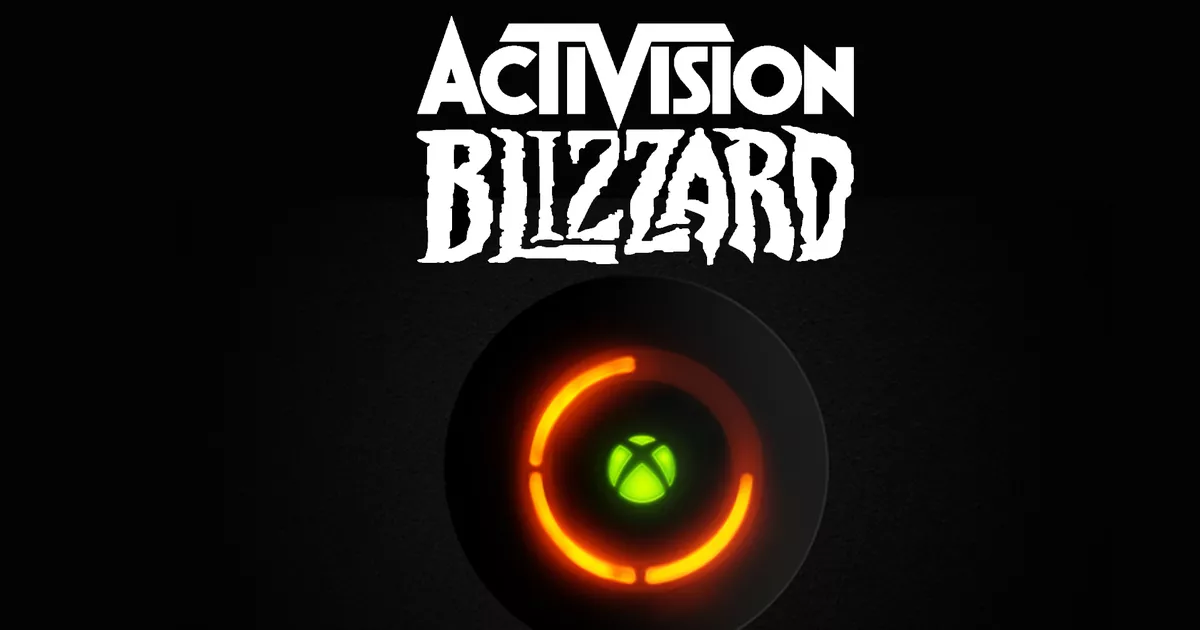
Table of Contents
The FTC's Antitrust Concerns and Arguments
The FTC's primary concern centers on the potential for anti-competitive practices stemming from the merger. The commission argues that this massive consolidation of power within the gaming industry could stifle competition, ultimately harming consumers. Their arguments rest on several key pillars:
- Loss of competition in the console gaming market: The FTC believes that Microsoft's acquisition of Activision Blizzard, with its portfolio of blockbuster franchises like Call of Duty, World of Warcraft, and Candy Crush, would give Microsoft an unfair advantage over its competitors, Sony and Nintendo. This dominance could lead to a less competitive market with fewer innovative games and potentially higher prices for gamers.
- Potential for Microsoft to leverage Activision's titles to exclude competitors: A major point of contention revolves around Call of Duty. The FTC worries that Microsoft could make Call of Duty exclusive to its Xbox ecosystem, effectively locking out PlayStation users and giving Xbox a considerable edge in market share. This exclusionary tactic could harm competition and limit consumer choice.
- Increased prices or reduced innovation due to lack of competition: With less competition, the FTC fears that Microsoft could raise prices for games, subscriptions, or even hardware, without facing significant repercussions. Furthermore, a lack of competitive pressure could lead to reduced innovation and a decline in the overall quality of games available to consumers.
Microsoft's Defense and Proposed Remedies
Microsoft has vehemently defended the acquisition, arguing that it will benefit gamers and increase competition. They counter the FTC's claims by highlighting several points:
- Agreements to keep Call of Duty on PlayStation: Microsoft has publicly committed to keeping Call of Duty on PlayStation for a considerable period, aiming to appease concerns about exclusivity. This commitment, however, is still subject to scrutiny and negotiation.
- Commitments to maintain fair pricing and access to games: Microsoft has pledged to maintain fair pricing and ensure broad accessibility to Activision Blizzard games across various platforms. This is a key part of their defense against accusations of anti-competitive pricing practices.
- Other concessions offered to alleviate antitrust concerns: Microsoft has reportedly explored additional concessions and remedies to address the FTC's concerns, although the specifics of these offers remain largely undisclosed during the ongoing legal proceedings.
Potential Outcomes and Timeline of the Appeal
The FTC's appeal introduces several potential scenarios:
- The FTC successfully blocks the merger: This outcome would represent a significant victory for the FTC and could set a precedent for future large-scale tech mergers. It would also likely lead to significant market fluctuations and adjustments within the gaming industry.
- The FTC's appeal is rejected, allowing the deal to proceed: This scenario would be a win for Microsoft, allowing the acquisition to proceed as planned. However, it could also face further legal challenges from other regulatory bodies internationally.
- Negotiated settlements and conditions imposed before the deal can close: A compromise could be reached where the deal proceeds, but with certain conditions imposed by the FTC to mitigate antitrust concerns. These conditions might involve specific concessions from Microsoft regarding game availability, pricing, or other aspects of their business practices.
Predicting the timeline is challenging, given the complexities of antitrust litigation. However, the process could take months, even years, to resolve, depending on the legal processes involved and potential appeals to higher courts. Previous legal battles surrounding gaming mergers offer some guidance, but each case has its unique complexities.
Impact on the Gaming Industry and Consumers
The outcome of the FTC's appeal will have profound implications for the gaming industry and consumers:
- Potential shifts in market dominance: A blocked merger would maintain the existing competitive landscape, while a successful acquisition would significantly shift the balance of power, potentially leading to increased market concentration.
- Effects on game pricing and subscription models: The outcome will influence pricing strategies for games, subscriptions, and potentially even hardware. Increased market concentration could lead to higher prices, while increased competition might result in more competitive pricing.
- Impact on future mergers and acquisitions in the tech industry: This case will serve as a critical precedent, influencing how future mergers and acquisitions in the tech industry are approached and scrutinized by regulatory bodies.
Conclusion
The FTC's appeal against Microsoft's acquisition of Activision Blizzard is a landmark case with far-reaching consequences for the gaming industry. The FTC's concerns about anti-competitive practices are significant, while Microsoft's defense hinges on its commitment to maintaining fair competition and consumer access to games. The potential outcomes – a blocked merger, a successful acquisition, or a negotiated settlement – each carry profound implications for the gaming landscape. The legal battle's progression will undoubtedly shape the future of the gaming industry and the regulatory approach to large-scale tech mergers. Stay informed about further developments in this crucial case by following updates on the "FTC's Appeal Could Delay or Block Microsoft's Activision Deal". Check reputable news sources and official FTC statements for the latest information.

Featured Posts
-
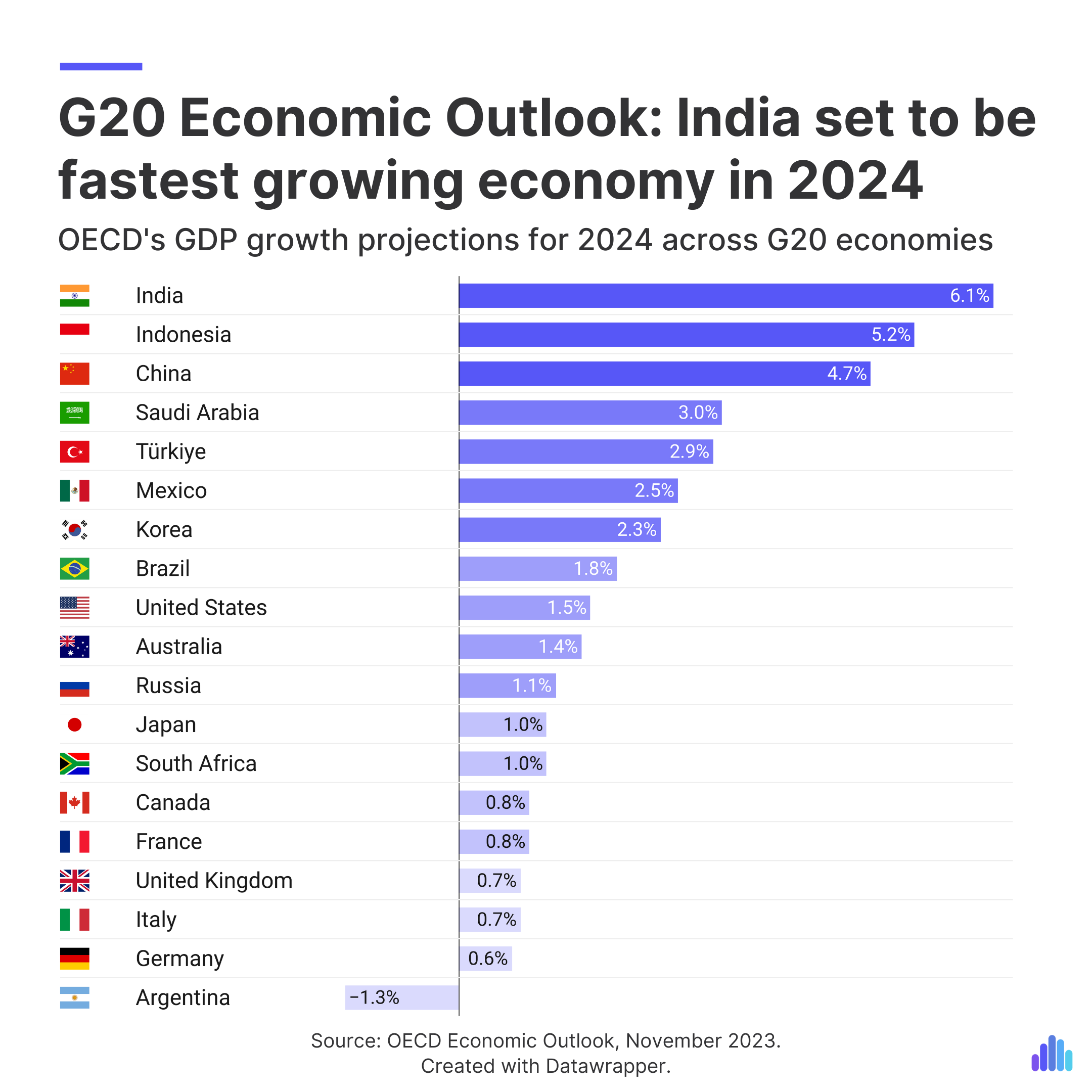 Reciprocal Tariffs And The Indian Economy A Sectoral Impact Analysis
May 15, 2025
Reciprocal Tariffs And The Indian Economy A Sectoral Impact Analysis
May 15, 2025 -
 Kibris Baris Suereci Stefanos Stefanu Nun Oenemi
May 15, 2025
Kibris Baris Suereci Stefanos Stefanu Nun Oenemi
May 15, 2025 -
 Millions Lost Office365 Executive Inboxes Targeted In Major Data Breach
May 15, 2025
Millions Lost Office365 Executive Inboxes Targeted In Major Data Breach
May 15, 2025 -
 The Critical Role Of Middle Managers In Achieving Business Objectives And Fostering Employee Engagement
May 15, 2025
The Critical Role Of Middle Managers In Achieving Business Objectives And Fostering Employee Engagement
May 15, 2025 -
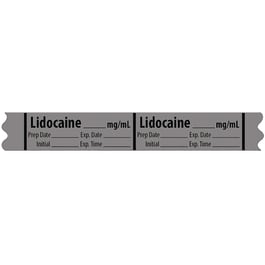 Everest Ascent In A Week Anesthetic Gas Risks And Criticisms
May 15, 2025
Everest Ascent In A Week Anesthetic Gas Risks And Criticisms
May 15, 2025
Latest Posts
-
 San Diego Padres Games Cord Cutting Guide For 2025
May 15, 2025
San Diego Padres Games Cord Cutting Guide For 2025
May 15, 2025 -
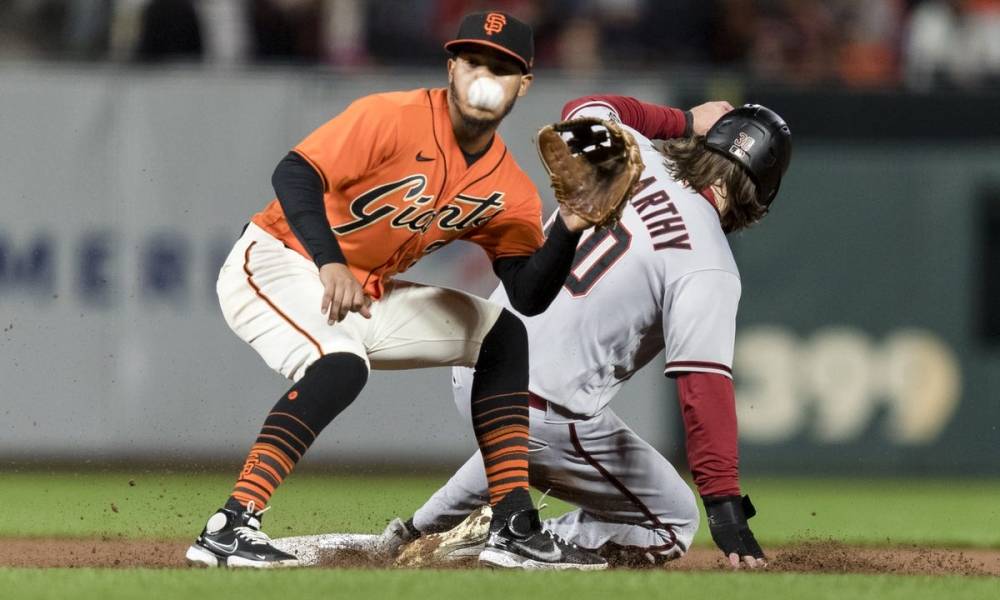 How To Stream San Diego Padres Games Without Cable Tv In 2025
May 15, 2025
How To Stream San Diego Padres Games Without Cable Tv In 2025
May 15, 2025 -
 Predicting The Padres Vs Yankees Series Can San Diego Upset The Yankees At Home
May 15, 2025
Predicting The Padres Vs Yankees Series Can San Diego Upset The Yankees At Home
May 15, 2025 -
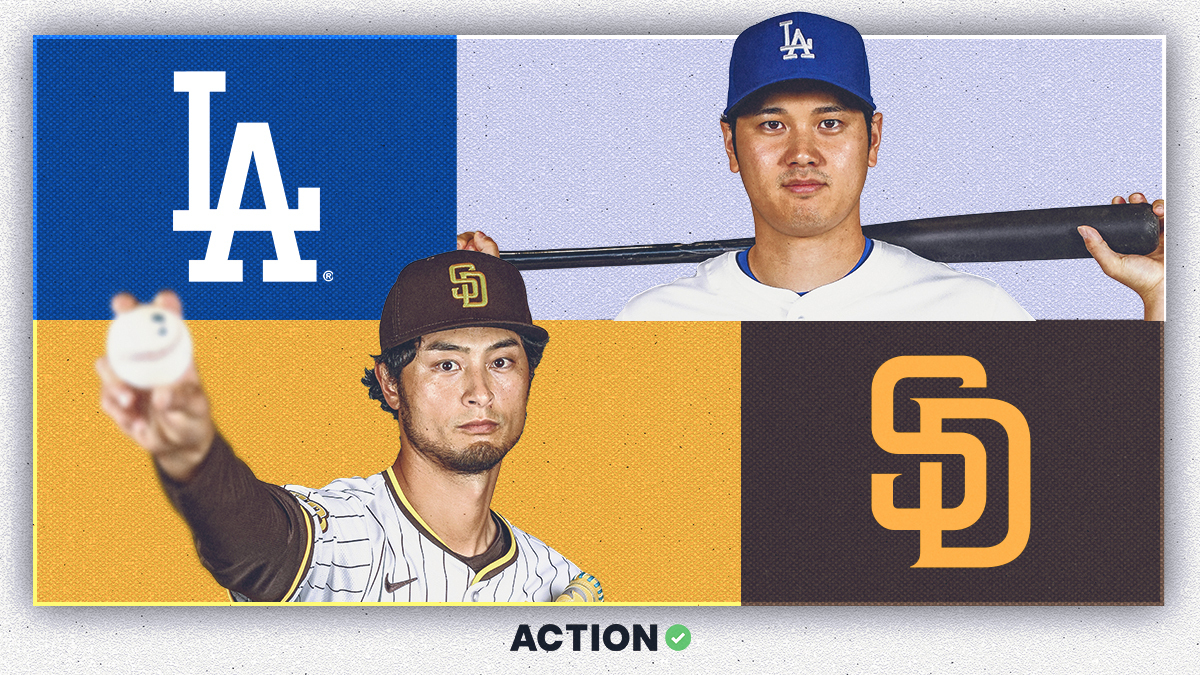 Yankees Vs Padres Prediction Who Takes The Series In New York
May 15, 2025
Yankees Vs Padres Prediction Who Takes The Series In New York
May 15, 2025 -
 Seven Game Skid On The Line Rockies Face Padres
May 15, 2025
Seven Game Skid On The Line Rockies Face Padres
May 15, 2025
